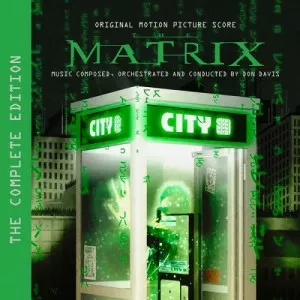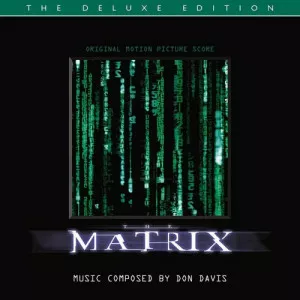Don Davis Free Download

Info
The Wachowskis and Davis collaborated on "The Matrix" trilogy - the high-tech, virtual-reality action thriller starring Keanu Reeves and Laurence Fishburne, which turned out to be not only one of the biggest blockbusters, but one of the best received films of the year. Davis' work for the three scores incorporates elements of popular music, electronic synthesizer effects, and even a touch of the avant-garde: the orchestral score features three grand pianos, one prepared (a process where all manner of objects are wedged in between the wires of a piano) and two standard. Much of "The Matrix" music keys off the film's remarkable visual sense. Davis often employs an echoic, antiphonal orchestral effect-where different sections of the orchestra imitate each other at varying speeds - in order to support the film's heavy use of reflective imagery. The music also incorporates perpetual motion motifs to portray the story's tumultuous layers of reality. This compositional technique allows Davis to stay within set harmonic territory while exploring intriguing orchestral textures and colors.

Info
There was so much happening visually in the Wachowski Brothers' instant sci-fi classic The Matrix that it was easy to overlook Don Davis' score. It is true that Davis' music is the most conventional element of the film, often following familiar action film patterns, but that's not to say that it's predictable. There are long quiet stretches that are quite eerie, even without the film to support the music, and he employs dissonance and quick, powerful staccatos quite effectively. And when he turns to grand, sweeping themes, such as on the closing "Anything Is Possible," it's hard not get caught up in the momentum of the piece. It still works better with the film, but The Matrix is the rare score that is nearly as effective as a stand-alone work as it is in the film.